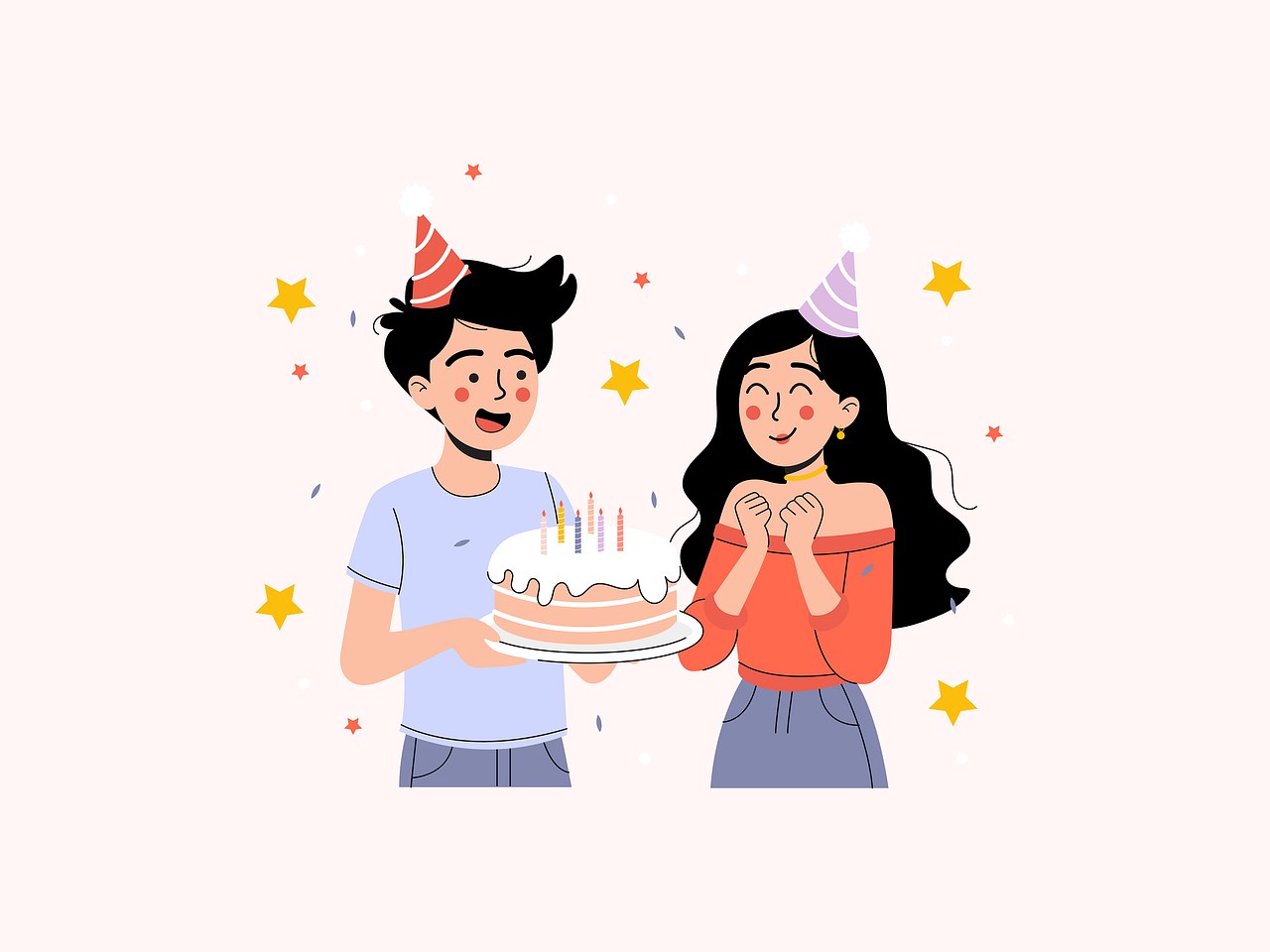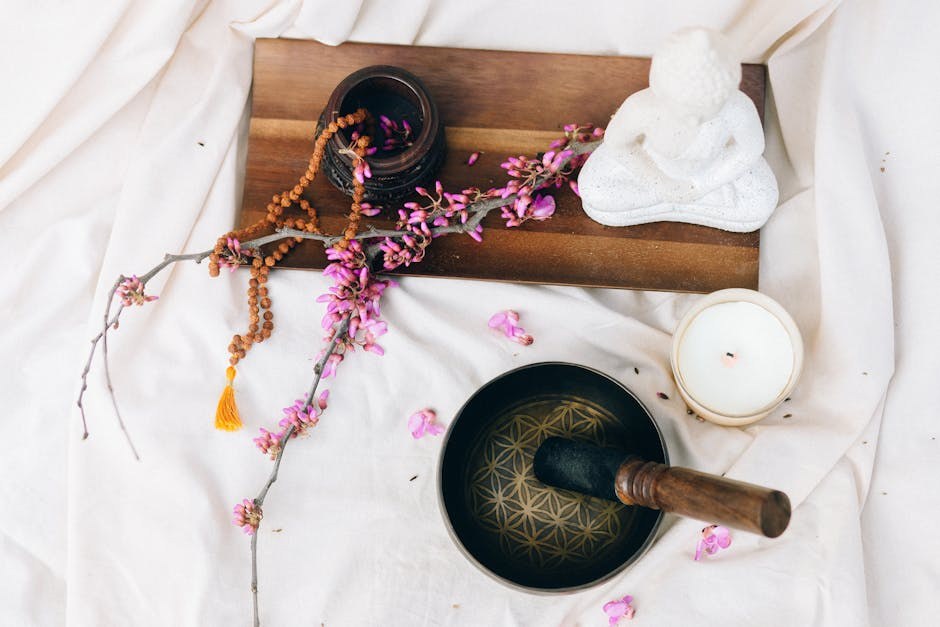It starts like a spark you can’t bottle – a rush that makes sleep optional and your phone feel like a lifeline. You replay every message, scan for hidden meaning, and drift through the day with one person on repeat. That heady state has a name: infatuation. It can be thrilling and disorienting at once, and although it sometimes mellows into something steady, it can also burn out quickly. This guide reframes the experience so you can recognize what’s happening, tell it apart from love, and regain your footing without shaming your feelings.
What infatuation really means
Infatuation is an intense, short-lived surge of passion or admiration that feels larger than life. It amplifies everything – attention, hope, fantasies – and can lift you to giddy highs when things go your way, or drop you into a tailspin when they don’t. Many relationships begin in this jet-fueled phase; sometimes the flames soften into warmer embers that resemble love, and sometimes they fizzle when reality arrives. Either way, the experience is powerful because infatuation centers your own feelings more than the other person’s humanity, which is why it can feel consuming and, at times, self-focused.
That self-focus doesn’t make you selfish in a moral sense; it simply means the spotlight is on how the other person makes you feel – desired, noticed, alive – rather than on who they are and whether the connection is truly mutual. When your inner movie is captivating, it’s easy to mistake intensity for depth. Recognizing this dynamic doesn’t diminish your excitement; it helps you steer it.

Why infatuation grabs the wheel
There’s a biological backdrop to the drama. When you’re near your crush or thinking about them, your brain releases feel-good chemicals, including dopamine, and you may feel an adrenaline-like buzz that sharpens focus and pumps energy. The result is euphoria – a bright, speedy version of you that wants more of the same. That heightened state doesn’t last forever; the initial rush tends to fade over time, which is why infatuation can feel like coming down from a high when the intensity eases. As the chemistry cools, some pairs discover they enjoy each other in a calmer way, while others realize the attraction was more fantasy than fit.
Is infatuation good or bad?
Infatuation is neither hero nor villain. On the sunny side, it makes ordinary moments glow, turns errands into adventures, and reminds you you’re capable of strong feeling. On the stormy side, it can distort judgment and magnify disappointment if the energy isn’t reciprocated or if boundaries blur. Whether it adds to your life or complicates it depends on context – the timing, your needs, and how you handle the surge.
Infatuation vs love – how to tell the difference
Intensity alone isn’t proof of love. Love is spacious; it takes in the whole person and the whole picture. Infatuation is narrow; it zooms in on a highlight reel. Consider these contrasts as lenses rather than verdicts:

- Perfection vs. wholeness: Infatuation spotlights the best angles and edits out the rest. Love notices the quirks and the cracks – and cares anyway.
- Self-focus vs. mutual care: Infatuation asks, “How do I feel when I’m with them?” Love adds, “What do they need, and how do we both thrive?”
- Possessiveness vs. security: Infatuation may grip tightly to soothe anxiety. Love allows room – there’s trust even when you’re apart.
If you’re not sure where you are, you’re not failing – you’re human. The goal isn’t to judge yourself but to get clarity.
Signs you’re caught in infatuation
What follows isn’t an accusation; it’s a mirror. If several of these patterns sound familiar, you may be navigating infatuation rather than settled love.
- Your focus keeps slipping. Simple tasks balloon in length because your mind keeps looping back to this person – even when you try to concentrate.
- Everything points back to them. A song on the radio, a color on a storefront, a random meme – all roads feel like they lead to your crush.
- They dominate conversation. Friends ask how you are, and you answer with a story about a text they sent – you can’t help it, they’re the headline.
- You defend them reflexively. If someone mentions a red flag from the past, you rush to dismiss it before you’ve weighed the information.
- Your inner circle is puzzled. People who know you well don’t see the fit, and you find yourself explaining, persuading, or hiding details.
- Your goals shape-shift to match theirs. Long-held plans – kids, career, where to live – suddenly feel flexible solely because they prefer something else.
- It’s very new, yet you feel swept away. Strong declarations knock at the door before you’ve learned basic facts about each other’s lives.
- Core values wobble. Principles that usually anchor you start bending around the hope of being chosen.
- You place them on a pedestal. They seem smarter, cooler, kinder – almost unreal – while you feel lucky to be noticed at all.
- You label it the best thing ever. Milestones that once mattered pale in comparison to this rush, which now defines your sense of meaning.
- You believe you know everything about them. In truth, you’ve seen a highlight reel, but it feels like a full biography.
- You already live in the next chapter. Rings, keys, baby names – the future plays like a trailer while the present remains a mystery.
- Jealousy runs hot. A friendly chat they have with someone else sparks a wildfire of worry and surveillance.
- Abandonment fears roar. You’re haunted by scenarios in which they leave, even if nothing concrete has changed.
- You feel cosmically lucky – and panicky. The high is delicious, and the thought of losing it is unbearable.
- You gloss over flaws. You see the sunshine but not the shadows, or you reframe every shadow as a charming quirk.
- You feel chemically “high.” There’s a buoyant, speedy energy in your body – butterflies, racing thoughts, a grin that arrives on cue.
- Your social world shrinks. You drift from friends because you’re waiting on a message or saving energy for the next hangout.
- You’re not acting like yourself. Calm becomes scattered; your usual judgment feels replaced by impulse.
- Sexual daydreams crowd your mind. Desire loops repeatedly, often overshadowing curiosity about their inner life.
- Your interest drops suddenly. The laugh that seemed magnetic yesterday now grates – the crash can come out of nowhere.
- Your thinking turns illogical. Everyday events feel like signs meant only for you two – magical thinking takes the wheel.
- You’re smiling on autopilot. A text, a memory, or even a scent linked to them paints a grin across your face for hours.
- Your emotions swing wide. You’re on cloud nine in their presence and unmoored when they’re not around.
- You can’t stop talking about them. Even benign questions become an opening to gush – your enthusiasm overflows.
- You’ve become their top follower. You check every story, like every post, scroll every photo – again and again.
- Seeing them is like a double shot of joy. A glimpse from across the room sends your heart into cartwheels.
- You savor every detail. Their hands, eyes, laugh – even imperfections glow under your gaze.
- You drop everything for them. A last-minute ping reroutes your plans, no matter the cost to your commitments.
- You move into fantasy. You imagine your names together, your life together – even if you barely interact in reality.
- Your appetite dips. Excitement smothers hunger, and meals become afterthoughts.
- Your sleep is restless. Thoughts sprint at bedtime; your body hums as if the day never switched off.
- Nerves spike around them. Voice shaky, palms damp, heartbeat quick – your body broadcasts the crush loudly.
- You race the relationship clock. You want labels, exclusivity, and constant contact before you’ve explored compatibility.
- Clinginess creeps in. You monitor, check, and seek reassurance – not because of love’s ease but because of anxiety’s itch.
- You crave center stage. You want to be the focus of their attention at all times and bristle when that spotlight shifts.
- Depth stalls. Conversations float on chemistry and banter; the emotional basement door stays closed.
- It’s mostly physical. You hook up or flirt a lot, yet you know little about each other’s histories or hopes.
- Possessiveness grows. You treat access to them like a scarce resource you must guard.
- They mirror perfection right back. Both of you sell each other an ideal – flaws wait backstage.
- Impulses lead. You leap first and reflect later, fueled by feelings rather than by perspective.
- You ache for proximity. Distance feels like withdrawal, and relief arrives only when you’re near them again.
How to navigate infatuation without losing yourself
Addressing infatuation isn’t about dousing the spark – it’s about widening the frame so you can see the full picture. These moves can help you keep your balance while honoring what you feel.

- Check how well you know them. Ask yourself what you’ve learned firsthand versus what you’ve assumed. If most of your story is guesswork, slow down and gather real data.
- List their imperfections – gently. Write down traits that might challenge you. You’re not hunting for reasons to bail; you’re practicing seeing a whole person.
- Reclaim attention. Spend time with friends, pick up a hobby, or dive into a book. Giving your mind other places to land calms the feedback loop.
- Seek support if needed. If the fixation disrupts sleep, work, or relationships, a therapist’s perspective can help you reset patterns and soothe anxiety.
Can infatuation become obsession?
For many people, infatuation remains a bright, temporary chapter – fun, energizing, and naturally self-limiting. For others, especially when anxiety is high or the attention is one-sided, the fixation can deepen into preoccupation. The difference is control: infatuation colors your days; obsession runs them. If you notice rituals, surveillance, or spirals you can’t interrupt, it’s time to widen your support and set firmer boundaries with yourself and with the situation.
Infatuation and obsession – different engines
Infatuation is an intense attraction or admiration that often feels playful and buoyant, even if it’s distracting. Obsession is a rigid, compulsive focus that crowds out other priorities. Infatuation adds sparkle to life; obsession narrows life to a single point. Knowing which engine is running helps you choose the right brake.
Can infatuation turn into love?
Sometimes yes. Two people might begin with bright chemistry and, as the haze clears, keep choosing each other – flaws and all. The early thrill recedes and a steadier warmth replaces it. And sometimes no. As more information arrives, you may discover misalignment you couldn’t see at the start, or you may realize the intensity isn’t matched. If the attention is unreturned, the feeling remains unrequited and rarely transforms into the mutual, durable bond you may be imagining. The key is time and truth – the more you learn, the clearer the path becomes.
How long does the surge usually last?
The tempo varies widely from person to person and pair to pair. For some, the rush comes and goes in a matter of days; for others, it can stretch much longer. A common arc is that the initial blaze cools within a span that can run from several months up to a few years. As you get to know the real person – the hopes, habits, and rough edges – the idealized image gives way to reality. If the reality feels good enough, the connection evolves; if not, the glow fades and you move on.
Putting your feelings in context
Infatuation can be dazzling, but its job isn’t to provide certainty – it’s to signal possibility. Treat it like a bright opening scene rather than the whole story. Let curiosity guide you, not just craving. Ask questions, notice patterns, and pay attention to how you both show up when the novelty wears off. Above all, keep your life textured: friendships, sleep, projects, and play. When your world is larger than one person, you’re far better equipped to see whether infatuation wants to mature into the steadier rhythm of love – or to bow out gracefully when the credits roll.